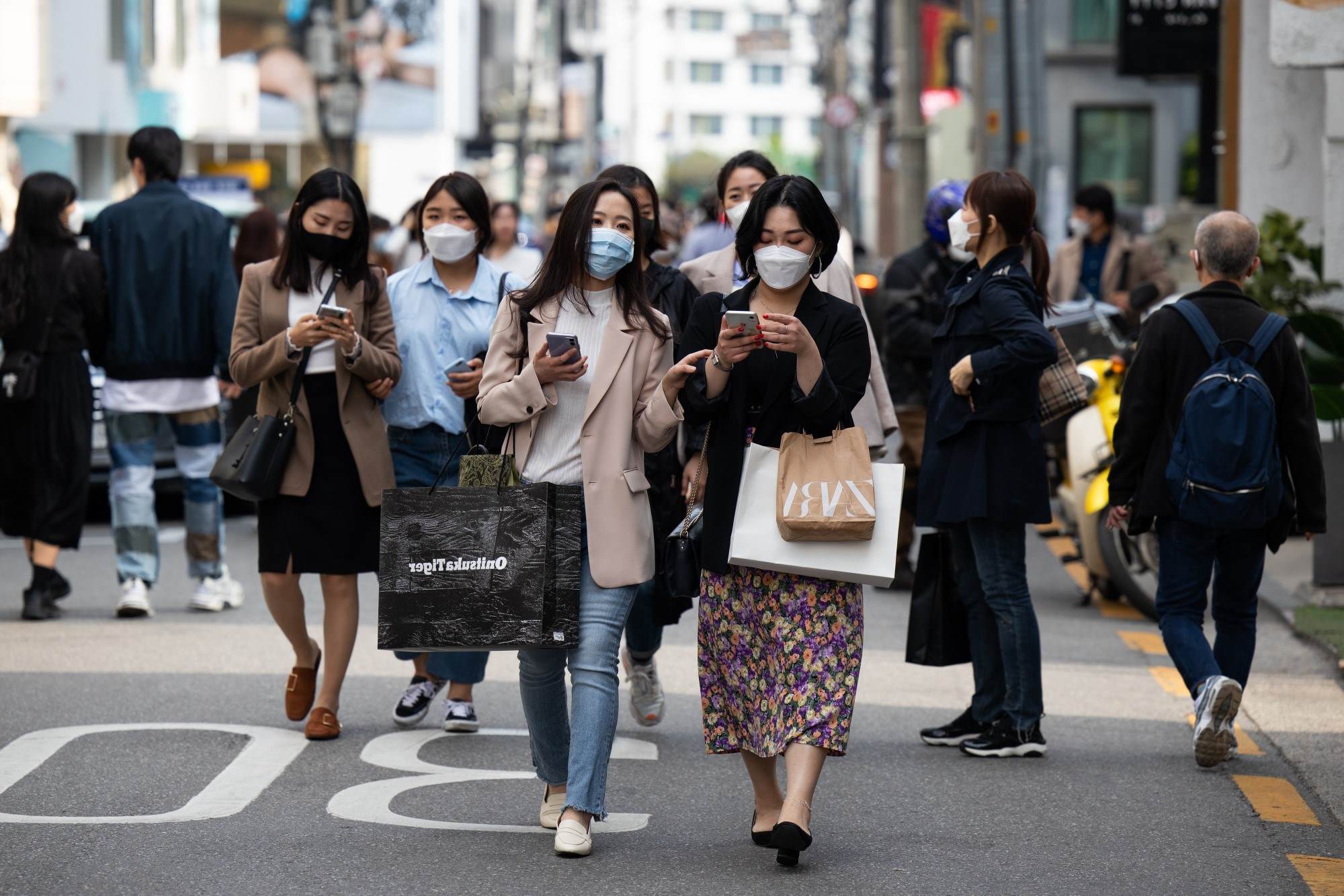The Surprising Way Koreans Predict Personality

Ever wondered how Koreans predict personality traits? It's not through zodiac signs or Myers-Briggs tests. Instead, they use blood type! Yes, you read that right. In Korea, many believe that your blood type can reveal a lot about your character. For instance, Type A individuals are often seen as calm and trustworthy, while Type B folks are considered creative but sometimes selfish. Type AB people get labeled as unique and unpredictable, and Type O individuals are thought to be confident and outgoing. This belief is so widespread that some even ask about blood type on first dates or job interviews. Intrigued? Let's dive into this unique cultural phenomenon!
The Surprising Way Koreans Predict Personality
In Korea, predicting personality traits goes beyond the usual zodiac signs or Myers-Briggs tests. Instead, many Koreans turn to blood type as a fascinating way to gauge someone's character. This unique method has deep cultural roots and is widely accepted in everyday life. Let's dive into some key places where you can see this intriguing practice in action.
1. Schools
In Korean schools, students often discuss blood types to understand each other's personalities better. Teachers might even use this information to form balanced groups for projects.
- Type A: Known for being organized and responsible.
- Type B: Seen as creative and passionate.
- Type AB: Considered rational and adaptable.
- Type O: Viewed as confident and outgoing.
2. Workplaces
In the professional world, blood type can influence team dynamics and leadership styles. Some companies even consider blood type compatibility when forming teams.
- Type A: Ideal for meticulous tasks.
- Type B: Great for brainstorming sessions.
- Type AB: Perfect for problem-solving roles.
- Type O: Natural leaders in group settings.
3. Dating
Blood type compatibility plays a significant role in Korean dating culture. People often ask about blood types early in relationships to gauge compatibility.
- Type A + Type O: A common and harmonious match.
- Type B + Type AB: Known for their dynamic interactions.
- Type AB + Type O: Complement each other's strengths.
- Type O + Type O: A powerhouse couple.
4. Media and Entertainment
Korean dramas, movies, and even variety shows frequently reference blood types. Characters often have their blood types mentioned to give viewers insight into their personalities.
- Type A: Often portrayed as the diligent, reliable character.
- Type B: The quirky, creative one.
- Type AB: The mysterious, intellectual type.
- Type O: The charismatic, bold leader.
5. Social Gatherings
At social events, conversations about blood types can break the ice and help people connect. It's a fun way to learn about each other and spark interesting discussions.
- Type A: Might organize the event.
- Type B: Likely to entertain the crowd.
- Type AB: Could offer unique perspectives.
- Type O: Often the life of the party.
6. Online Communities
Numerous online forums and social media groups in Korea are dedicated to discussing blood types. Members share experiences, advice, and even memes related to their blood type personalities.
- Type A: Shares tips on organization.
- Type B: Posts creative projects.
- Type AB: Engages in deep discussions.
- Type O: Leads group activities.
7. Health and Wellness
Some Koreans believe that blood type can influence health and dietary preferences. Certain foods and exercises are recommended based on blood type to promote well-being.
- Type A: Prefers a vegetarian diet.
- Type B: Enjoys a balanced diet with dairy.
- Type AB: Benefits from a mixed diet.
- Type O: Thrives on a high-protein diet.
Personality Insights Through Blood Types
Koreans often predict personality traits based on blood types. This practice, though not scientifically proven, is deeply rooted in their culture. Many believe that blood type A individuals are calm and trustworthy, while blood type B people are passionate and creative. Those with blood type AB are seen as rational and adaptable, and blood type O individuals are considered confident and natural leaders.
Understanding these beliefs can offer a unique perspective on Korean culture. It’s fascinating to see how such a simple biological trait can influence social interactions and personal relationships. Whether you believe in it or not, knowing about this cultural quirk can enrich your experience when visiting Korea or interacting with Koreans. So next time you meet someone from Korea, don’t be surprised if they ask about your blood type. It’s more than just a medical detail to them.

